Fifteen years into a career, with eight full albums now released, Finland’s Sonata Artica deliver Pariah’s Child, a melodic power metal operatic odyssey in all but name.
If, like me, you’ve only heard the band’s music fleetingly before, there’s much that reminds one of Styx and early Queen, not least because of the band’s use of harmony vocals; and even the synth-pop of A-ha. Predominantly keyboard lead they veer into symphonic metal, apply classic progressive rock arrangements without virtuoso baggage and offer a clear modern European production sound.
The wolf has long been featured as a totem for Sonata Artica, on album covers and in songs too. Following Chernobyl’s nuclear disaster wolves scavenged further afield in the Lapland regions of Finland and Sweden preying upon reindeer, thus becoming a major problem to those humans whose livelihoods depended upon them, whereas the fact that they are an endangered species (between 180-200 are now believed to exist in Finland) has others defending them. In the Sonata Artica world of imagination they appear to be imbued with a sense of mysticism, perhaps reaching back into Finland’s own folklore tales, and – for the sake of this album at least – part of some unclear dark prophecy to be prevented. “Winds are getting colder” warns lead vocalist, keyboardist Tony Kakko as The Wolves Die Young set the course for the rest of the album, powering through melodically with some excellent bass playing from new member Pasi Kauppinen. The accompanying video establishes the song as being set in the past, but other lyrically sympathetic songs have a modern, indeed futuristic edge to them, in fact were you simply to read the titles of the next batch of songs: Running Lights, Take One Breath, Cloud Factory and Blood you might suspect this to be a Pink Floyd album. Kakko has stated he wrote Running Lights after hearing of Lou Reed’s death, musically there’s little comparison and the song itself only really stands out for an all-too rare solo from guitarist Elias Viljanen, whereas the lighter, piano opening to Take One Breath introduces the first stand out track on the album: Tommy Portimo’s drumming interrupting the melody, getting ever faster until the music turns towards upbeat progressive rock then intermittently shifts back to the earlier evocative keyboard melodies, with Kakko espousing profound pseudo-scientific statements along with the subtle sarcasm of: “The prophecy said that pigs might fly”.
Things continue to improve with the pounding pomp rock of Cloud Factory, a dystopian future workers song delivered in buoyant voice, and also featuring a brief group Alpine-style drinking section amidst a musical smorgasbord before it veers into the heaviest track on the album as Blood opens with Gothic sounding chords until a flood of keyboard arrangements unfold reminiscent of both Kansas and early Genesis with some excellent solos from main keyboard player Henrik Klingenberg.
What Did You Do In The War, Dad? is a modern day take on Come Away, Melinda (first popularised in the 60s by Tim Rose, and much covered by early rock bands, including Uriah Heep and UFO), with deft arrangements and solid chugging chords. Half A Marathon Man gets my award for the daftest song title likely to appear this year but builds up to be something akin, if not Queen’s Bohemian Rhapsody then certainly 10cc’s I’m Mandy, Fly Me for sheer majestic diversity. “It’s a beautiful day” they sing before Viljanen plays the briefest of solos that starts off like he’s about to ape the old Batman TV theme tune.
It all just gets more joyously madcap as Kakko turns into a Vaudevillian carnival roustabout preaching the glorification of rock and roll on X Marks The Spot, while the band play a blinder on the slashing melodic power metal of it all. Having come this far with Pariah’s Child I can only surmise it all as a larger-than-life work intended as musical theatre wherein the darker events of Chitty Chitty Bang Bang have merged with Terry Gilliam’s Brazil and Meatloaf, Alice Cooper itching to have walk-on parts, while the ghosts of Queen’s Freddie Mercury and Uriah Heep’s David Byron look on, quaffing champagne. Weird. And wonderfully so.
As if to catch one’s breath, Love is exactly what it declares itself to be, a gentle waltz to romance played straight; predominantly piano based then building towards a power ballad and featuring the album’s most extended guitar solo. Sonata Artica then conclude everything in epic, expansive manner with prog rock arrangements, Helloween-styled metal riffing, choirs, vaudevillian cries, and group harmonies. “I climbed down from the stage” sings Kakko solo near the end, the song, if not the album itself, echoing various themes enacted through the work of Shakespeare.
Not all the songs affect you immediately, in truth some do not work, yet given the chance Pariah’s Child offers much, with moments that are either outrageously bombastic or beautiful, and on occasion both at once.

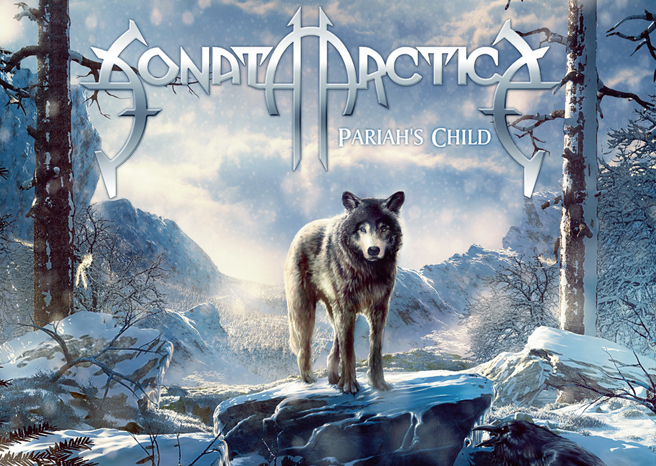

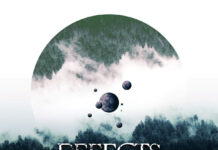



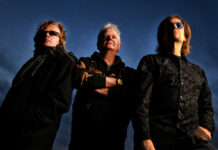
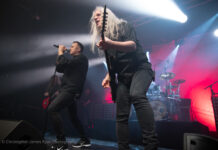
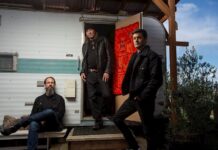
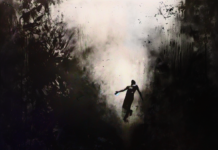
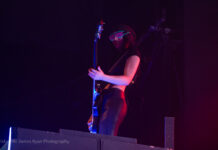
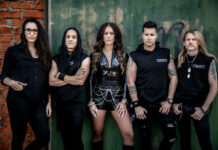
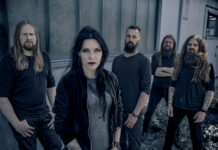
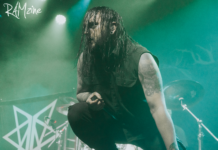

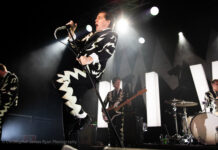
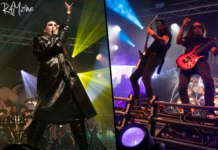

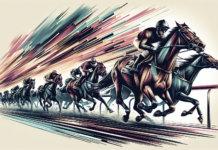


.
ñïñ.
.
ñïñ!
.
thanks.
.
ñïñ!
.
ñïñ çà èíôó!
.
áëàãîäàðåí.